
Making sure you’ve understood
If you do not understand what someone has said, use I don’t understand. Sorry, I don’t understand. I didn’t understand what you said. Please could you repeat that? I didn’t understand. You can also express any uncertainty about what someone has said by using I’m not sure … Sorry, I’m… Read More

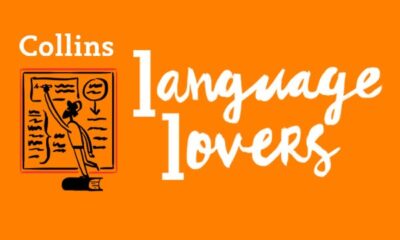
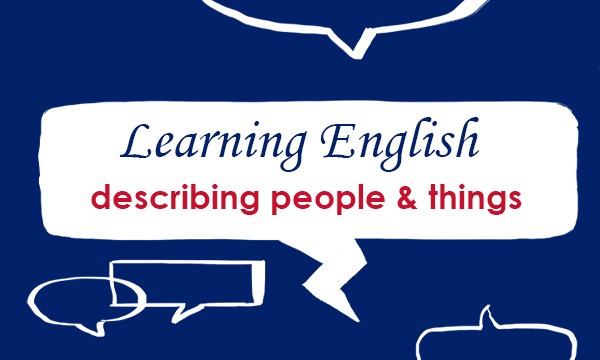
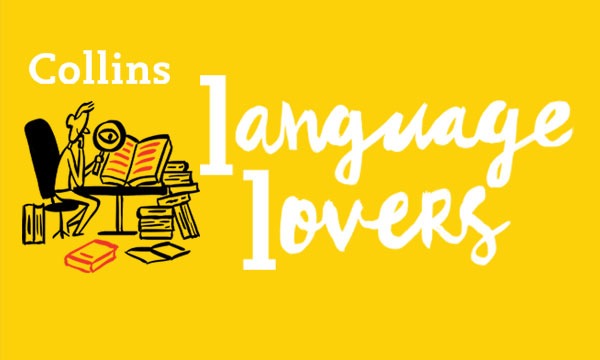
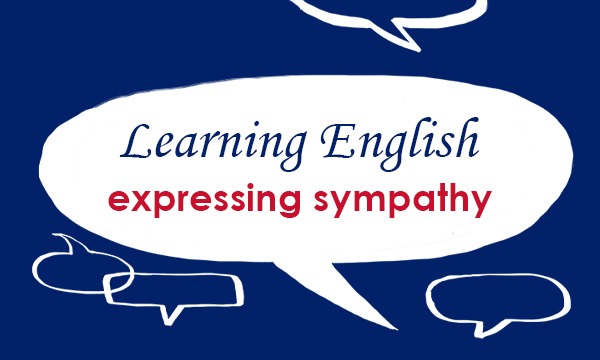
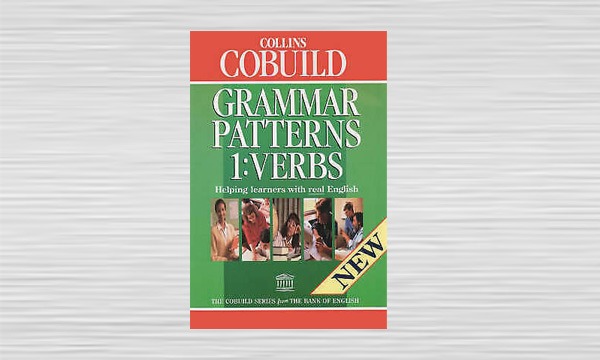
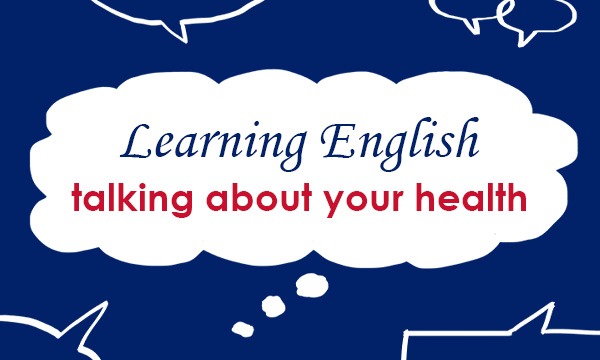
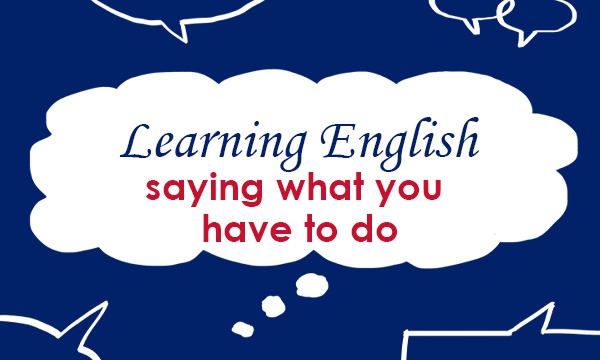
collins_dictionary_official
The home of living language. #wotd #wordlovers #collinsdictionary
Read our word of the week definitions and blog posts: